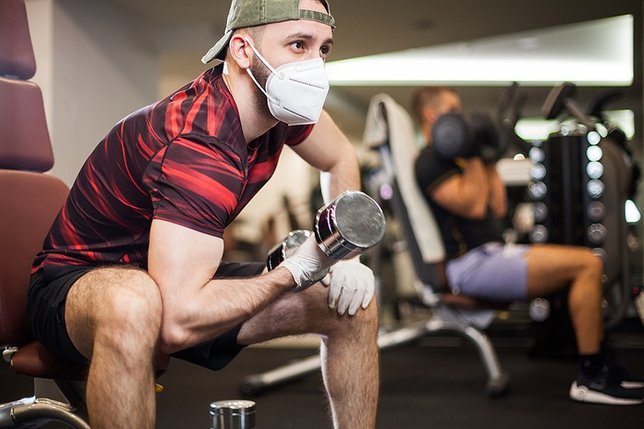Congressman Tom Suozzi (D-Long Island, Queens) recently welcomed Charles Cassara, the owner of SC Fitness in Farmingdale and Hicksville, and Joseph Cannizzo, the owner of Judo Jujitsi dojo on Staten Island, to his Washington, DC office to discuss the urgent need for Congress to provide targeted relief for New York’s gyms and fitness facilities. A photo from the meting can be found here.
During the meeting, Suozzi ensured both fitness facilities owners that he will help advance the GYMS Act to the House floor to ensure that Long Island’s fitness studios and gyms would receive the financial support they need.
“The pandemic has had a dramatic impact on the fitness industry,” said Rep. Suozzi. “I will do all I can to ensure that the GYMs Act becomes law and that fitness facilities have the resources they need to make it to the other side of this crisis and protect their customers in the interim.”
“We were the first to close to keep America safe, now we need your help to stay open. Many thanks to Congressman Tom Suozzi for his tireless effort on behalf of all fitness facility owners in New York,” said Charles Cassara, President of the United States Fitness Coalition and owner of SC Fitness.
Since mid-March, tens of thousands of gyms and fitness facilities have closed their doors or limit capacity at no fault of their own. Since the pandemic began, 44% of jobs in the industry —1.4 million jobs — have been lost. Gyms, fitness studios and fitness facilities play a crucial role in maintaining New York’s health. Their collapse would have a devastating impact on the economy and the health of communities across the country.
More specifically, the GYMS Act would provide $30 billion to the Small Business Administration to disburse grants to eligible fitness business. Facilities would be required to certify economic need and recipients can use funds for expenses such as payroll, rent and mortgage obligations, utility payments, worker protection expenditures, and more.










